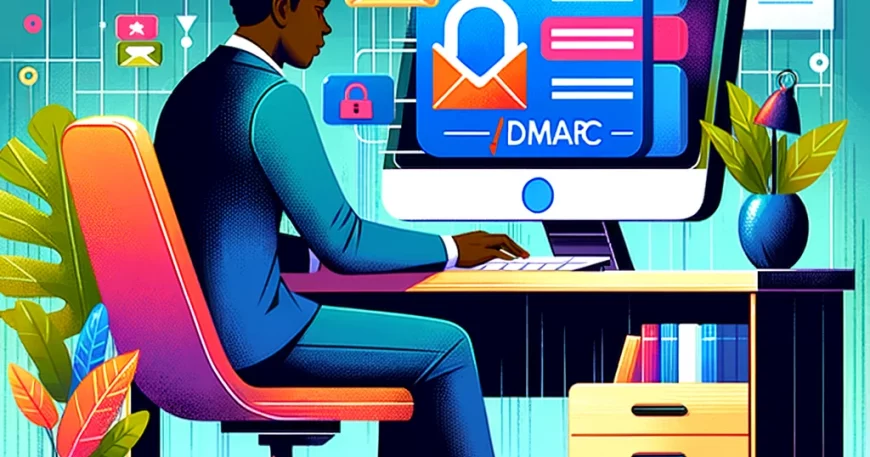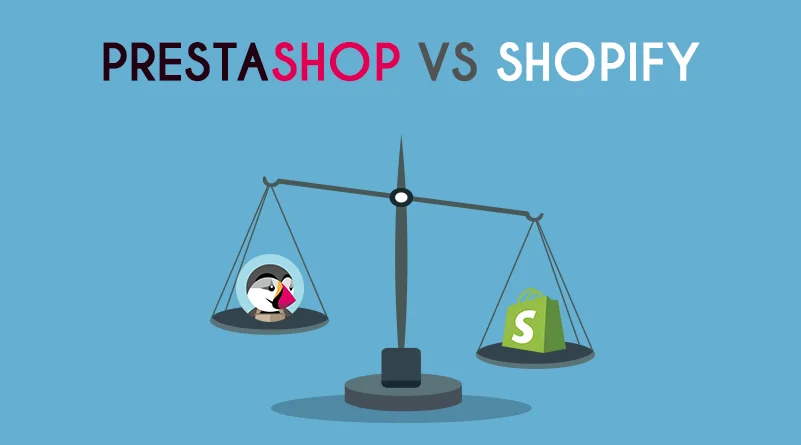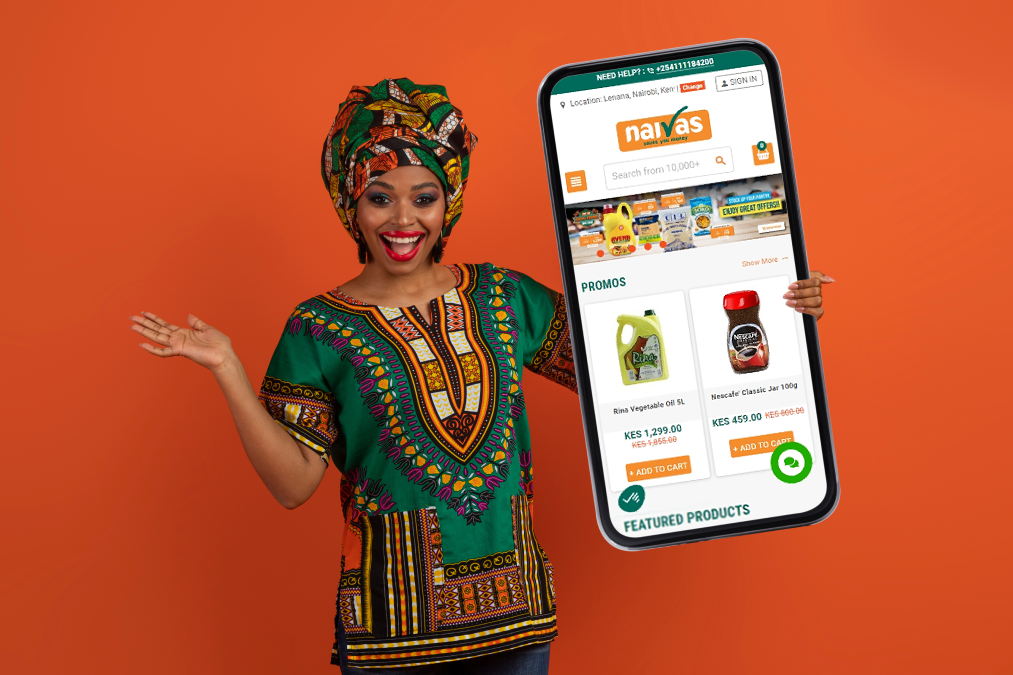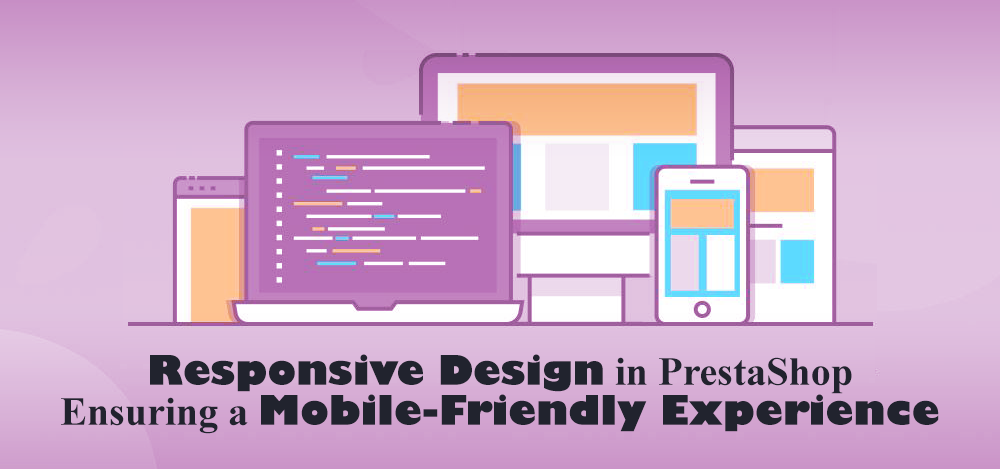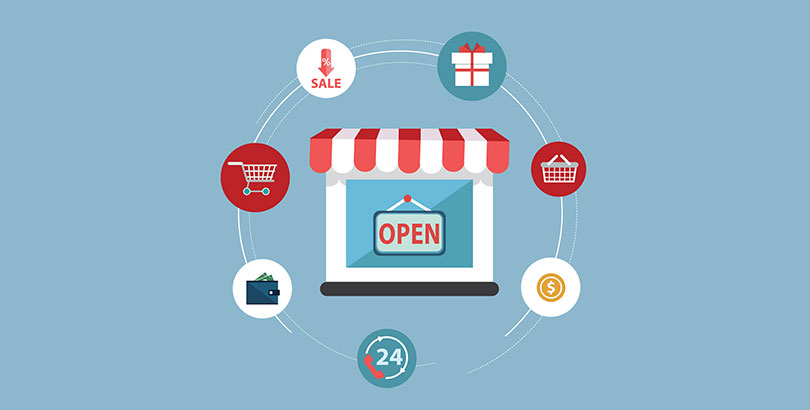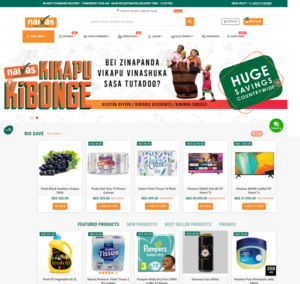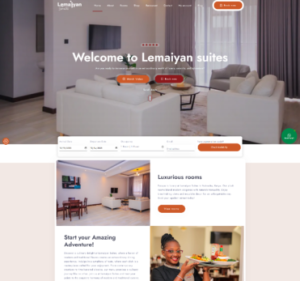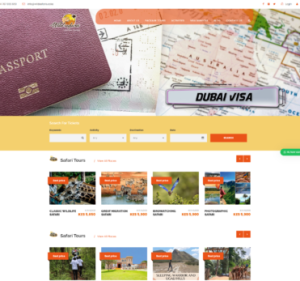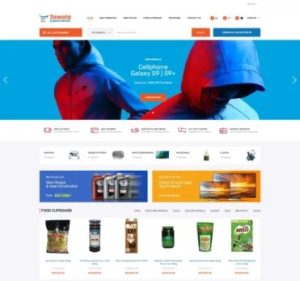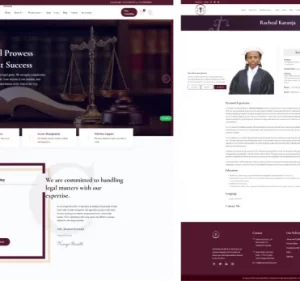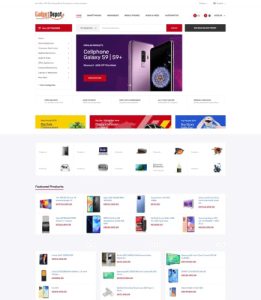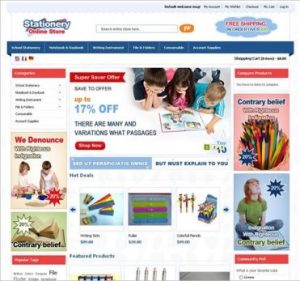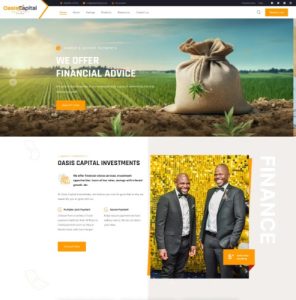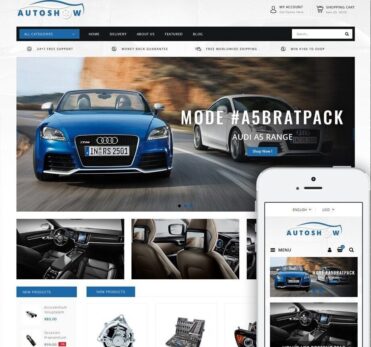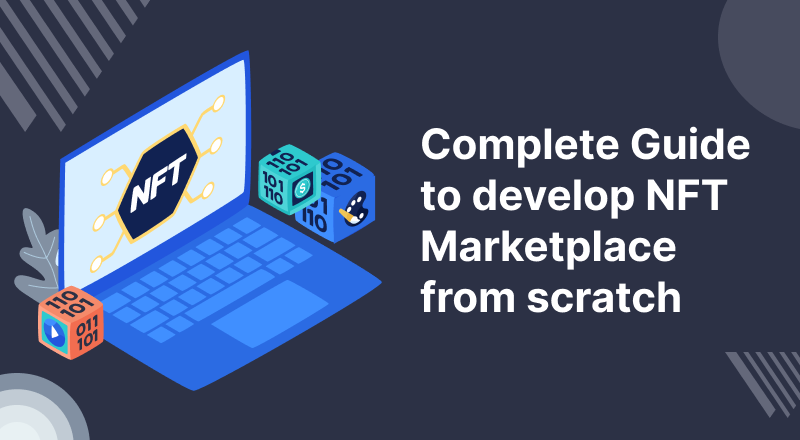Introduction
With the surging popularity of NFTs, there’s a burgeoning opportunity for tech-savvy individuals across various industries such as art, gaming, and music. This guide from E-Startups Kenya will explore the essentials of NFTs and provide a detailed blueprint on developing an NFT Marketplace from the ground up.

What is an NFT?
Non-fungible tokens (NFTs) are unique digital assets verified on a blockchain, typically Ethereum, ensuring the authenticity and ownership of digital goods. These tokens transform digital works into one-of-a-kind, verifiable assets that can be bought and sold.

Whenever you are planning to buy an NFT, it’s most important to know which marketplace is best for you and choose accordingly. You can take reference from these NFT marketplace:
- NFT launchPad
- Crypto.com
- Binance
- OpenSea
- Nifty Gateway
- Rarible

Why Invest in an NFT Marketplace?
The NFT market is expanding rapidly, driven by increasing interest in digital collectibles. Investing in an NFT Marketplace not only supports creators by authenticating their work but also offers exclusive benefits such as:
- Supporting original content creators
- Ensuring authenticity and eliminating duplicates
- Highlighting unique ownership
- Providing substantial financial benefits
Popular NFT Marketplaces
When choosing an NFT marketplace, consider platforms known for their reliability and user-friendly features. Some notable marketplaces include:
- NFT LaunchPad: Known for a wide range of assets on various blockchains.
- Crypto.com: Offers diverse NFTs accessible through simple payment methods.
- Binance: Renowned for its liquidity and low fees.
- OpenSea: The largest decentralized marketplace supporting multiple blockchains.
- Nifty Gateway: Known for its unique curation and security features.
- Rarible: A community-driven platform that allows creators and collectors to issue and trade NFTs.
Building an NFT Marketplace: Key Features
A successful NFT Marketplace should include:
- Intuitive Storefront: Displays NFT previews, price history, bids, and ownership details.
- User Accounts: Separate accounts for sellers and buyers to manage their digital assets.
- Wallet Integration: Essential for transactions within the marketplace.
- Search Functionality: Allows users to easily find specific items or tokens.

Developing Your NFT Marketplace
Here’s how E-Startups Kenya can guide you through the development of your own NFT marketplace:
- Define Your Niche: Focus on a specific category of NFTs to attract a targeted audience.
- Select the Right Technology Stack: Including blockchain and storage platforms, token standards, and frontend frameworks.
- Develop and Test: Build the platform with continuous testing to ensure functionality and security.
- Launch and Monitor: Deploy your marketplace and monitor its performance for any required optimizations.
- Ongoing Maintenance: Regular updates and technical support to enhance the platform’s features and security.
Revenue Streams in an NFT Marketplace
Monetizing your NFT marketplace can be achieved through various methods:
- Listing Fees: Charge creators for listing their NFTs on your platform.
- Transaction Fees: Implement fees for every sale made on the marketplace.
- Royalties: Allow creators to earn a percentage from future sales of their NFTs.
Conclusion
Creating an NFT Marketplace offers a lucrative opportunity to tap into the growing demand for digital collectibles while supporting the creative economy. With E-Startups Kenya, you gain access to comprehensive support and expert insights to develop a thriving NFT marketplace tailored to the vibrant community of Nairobi.

